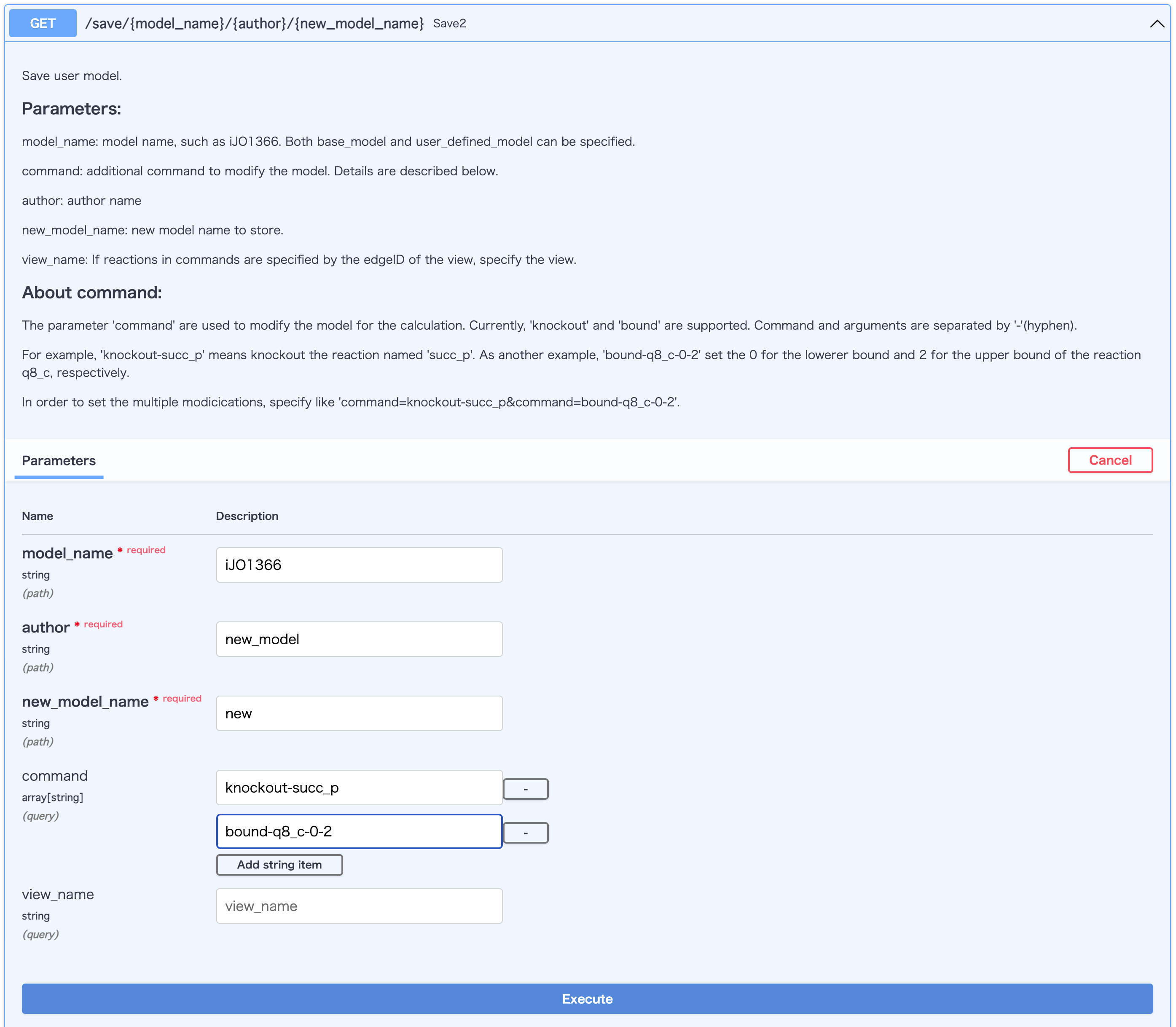The goal of Kosmogora is to provide a server that centralizes management and collection of biological data spread across multiple databases. Centralization is relevant as biological databases have grown in numbers and sizes. They now each require specific knowledge to efficiently manipulate and dig information out of them. Instead, Kosmogora will provide a simpler http API for the users and will gather and convert data internally before returning the result to the user in JSON format. This is used in ECellDive.
We strongly recomend to make a separated python environment.
For example, provided python is intalled, on LINUX or MacOs:
$ python -m venv /path/to/new/virtual/environment
$ source /path/to/new/virtual/environment/bin/activate
On Windows
$ /path/to/python -m venv /path/to/new/virtual/environment
$ /path/to/new/virtual/environment/bin/activate.bat
This process can be done by preparation.sh script (for LINUX and MacOS only).
First, install dependent libraries.
$ pip install -r requirements.txt
Download database files and place them in ./models.
Call those commands from the root of this repository
wget http://bigg.ucsd.edu/static/namespace/bigg_models_reactions.txt -OutFile ./models/bigg_models_reactions.txt
wget http://bigg.ucsd.edu/static/namespace/bigg_models_metabolites.txt -OutFile ./models/bigg_models_metabolites.txt
wget https://www.metanetx.org/cgi-bin/mnxget/mnxref/reac_prop.tsv -OutFile ./models/reac_prop.tsv
wget https://github.com/ecell/id2id/releases/download/test2/id2id.tsv -OutFile ./models/id2id.tsv
Note: Currently, we are indeed downloading the content of the database and store them locally. This is to avoid the hassle of handling the query API of each databases and to focus on handling the requests between other systems and Kosmogora (as it is the case with ECellDive)
Run Initialization before launch server
$ python obj_manager.py -c
$ uvicorn --host [your ip address] --port 8000 app:app
Open your browser at http://[your ip address]:8000/docs.
See more about FastAPI here: https://fastapi.tiangolo.com/

